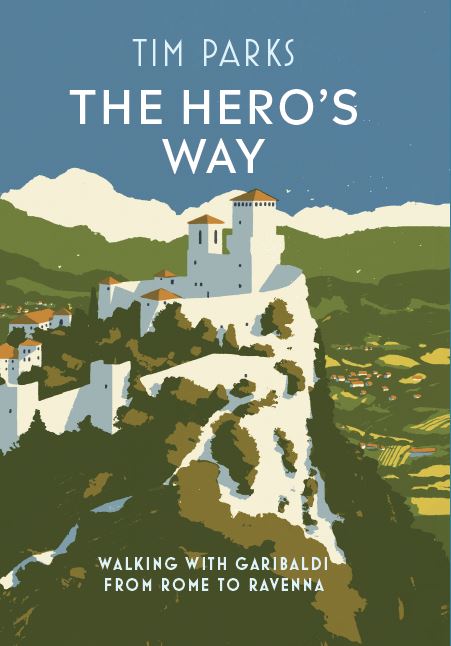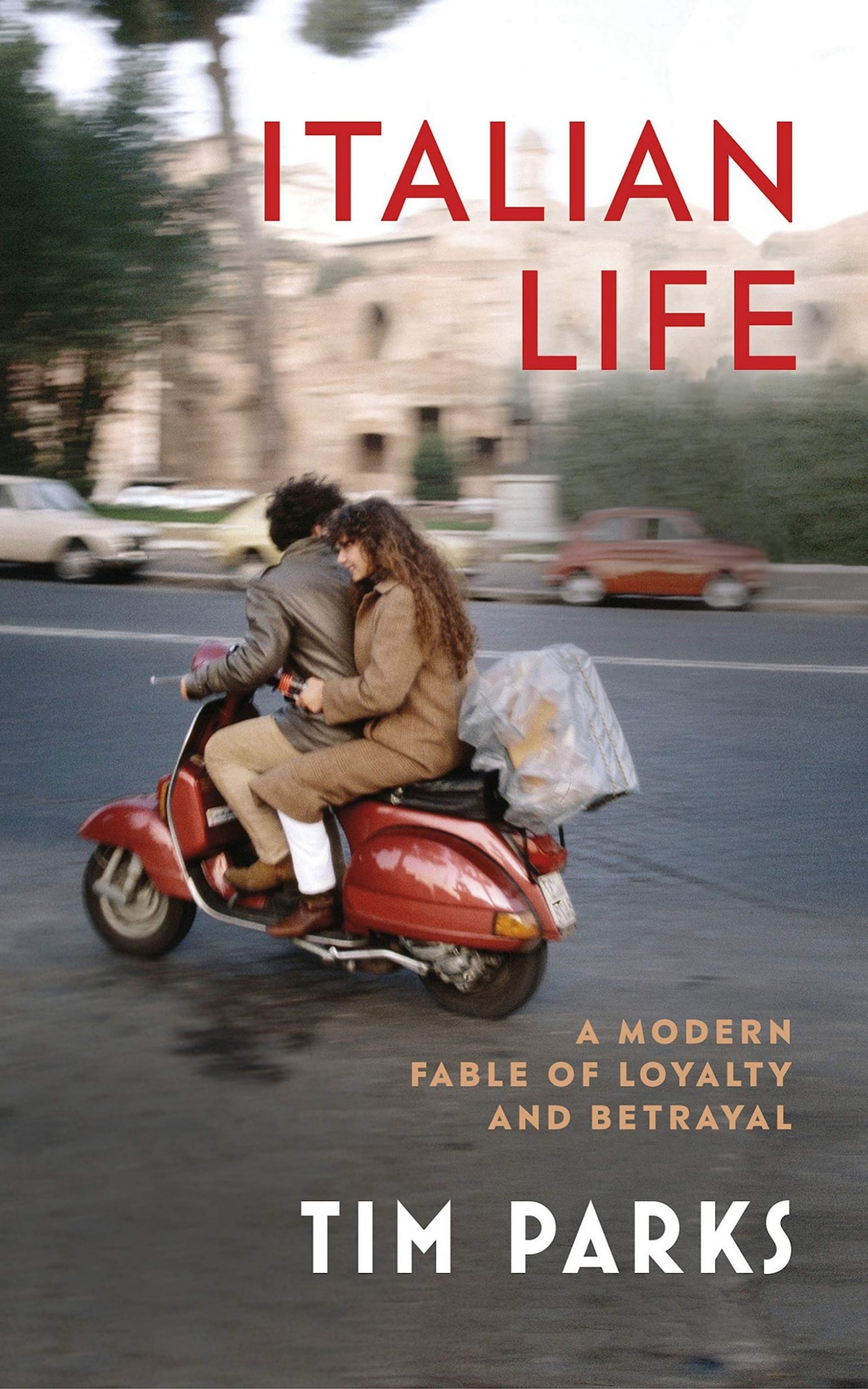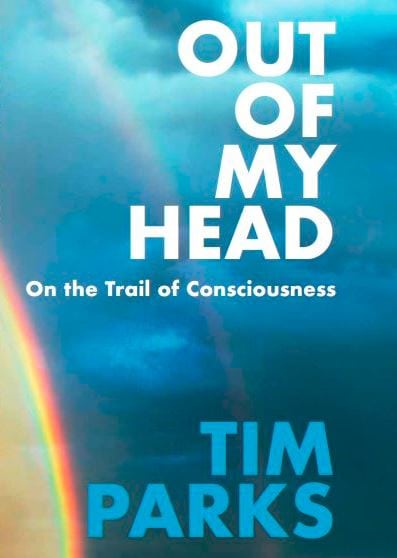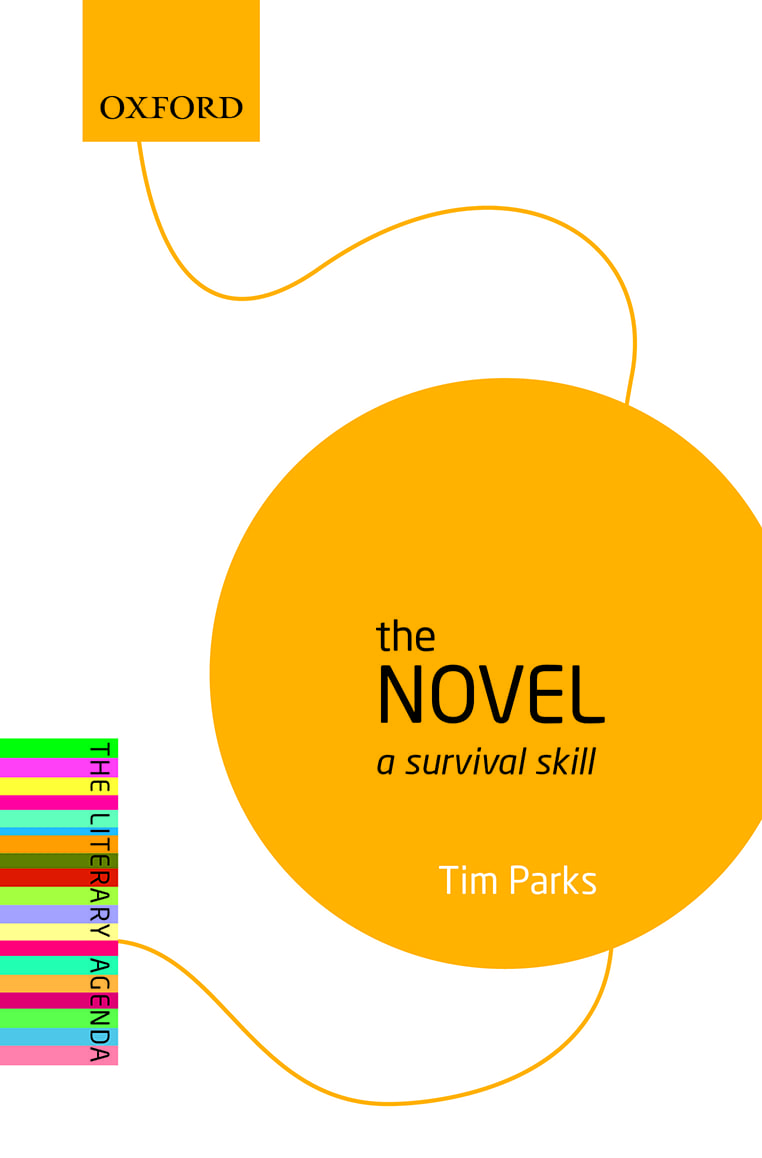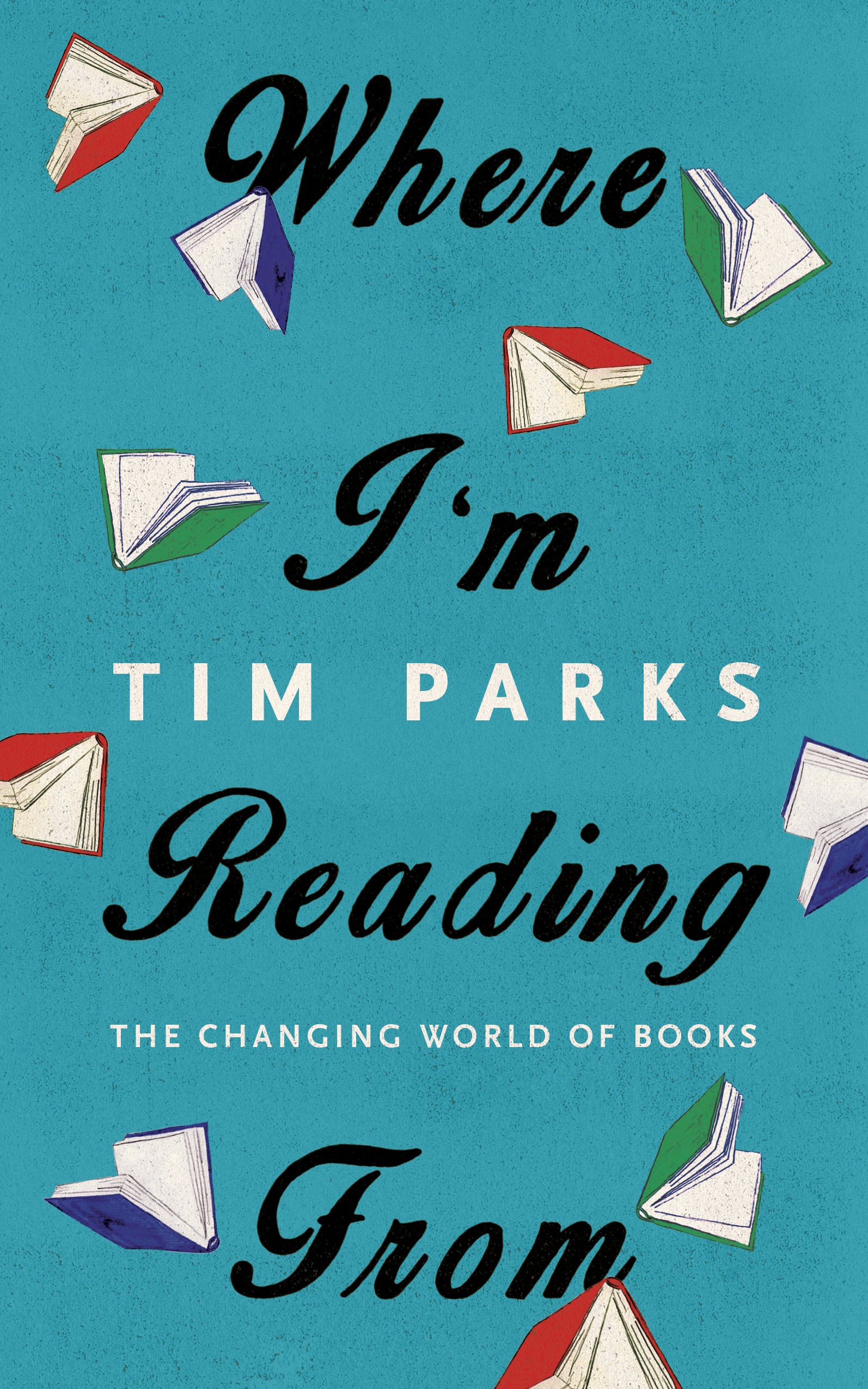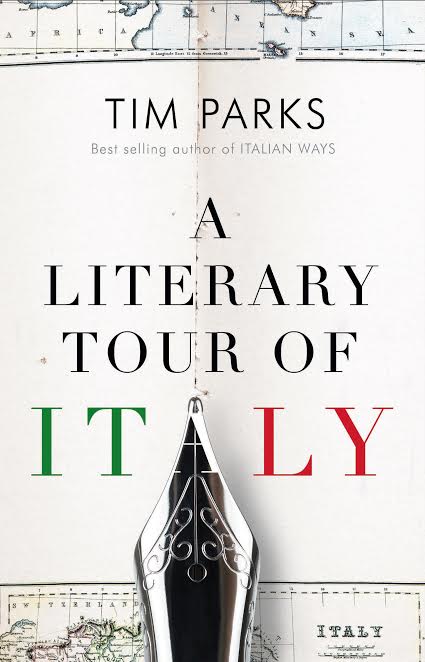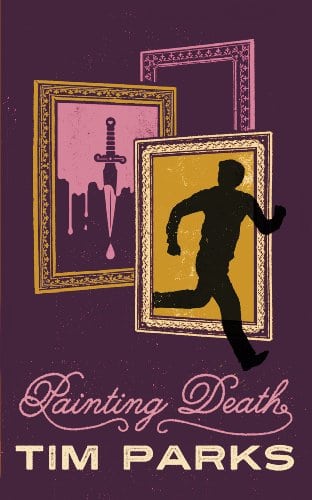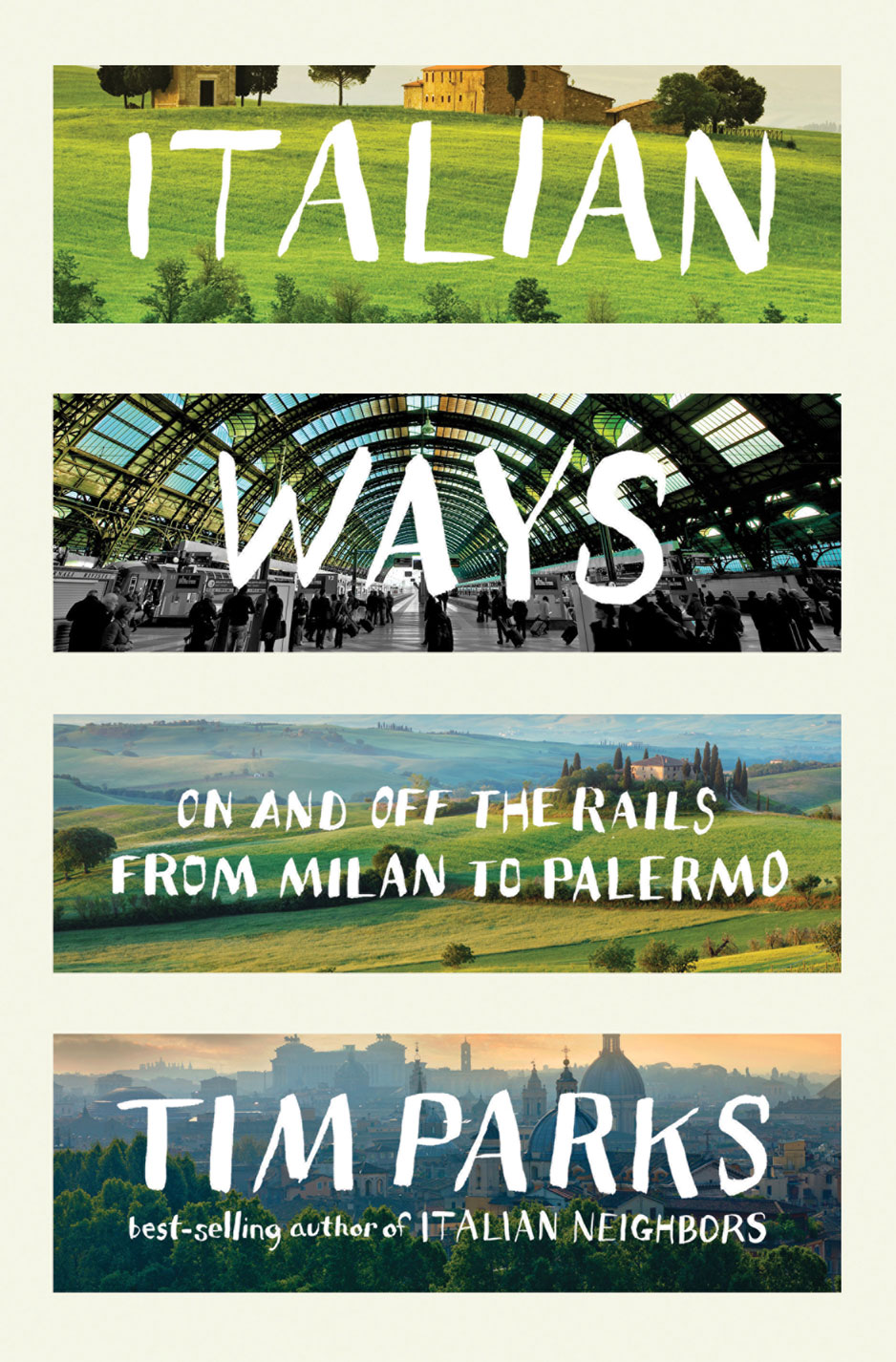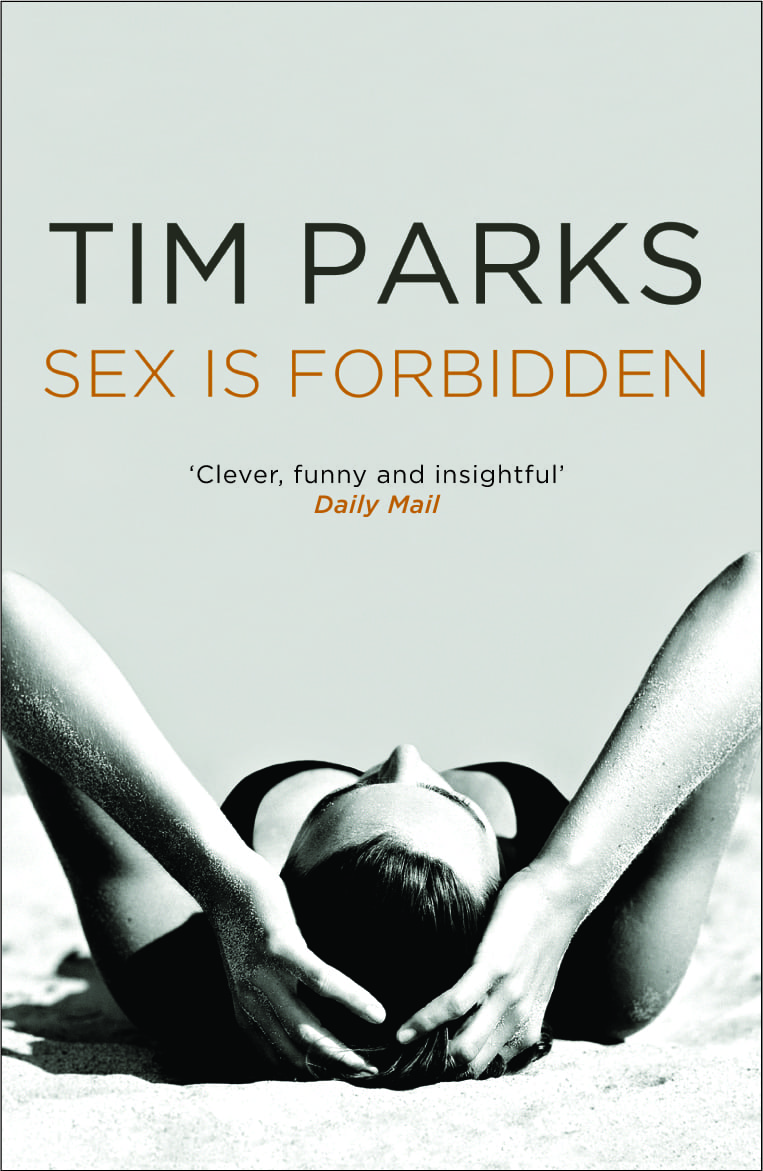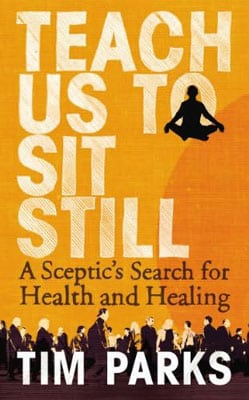Is there any more subtle relief than when, opening your wallet to pay some miserable bill, you find between the bank-notes a ticket for a big match: “Lazio vs Verona, Stadio Olimpico Roma. Settore ospiti.” Future pleasures assured, strong emotions guaranteed, it no longer seems so bad shelling out for some ridiculous request of the wife’s, some expensive necessity of your kids’ education.
And can there be any finer feeling than that moment, walking north along the Tiber out of Rome, when the casual Sunday passers-by are all at once transformed into a purposeful crowd, the lads with their flags, the old men with their scarves and seat cushions? People are headed for the stadium. Only an hour and a half to go before kick off.
Beer and sandwich beside me, I sat on the parapet of the Ponte Duca D’Aosta to soak up the scene and see what the local paper had to say about the game. After yet another defeat, the Hellas boys are in disarray. Their big Danish central defender Martin Laursen has accused his team-mates of not trying. Perhaps the team is about to go to pieces.
But Il Messaggero had nothing to say about the explosive situation in Verona’s dressing room. Instead the paper was concentrating all its attention on another dysfunctional family: in the small northern town of Novi Ligure a sixteen year old girl and her boyfriend had stabbed to death the girl’s mother and younger brother. “She was a completely normal and very charming girl,” says the next door neighbour.
Perversely, even this horrendous story, even the account of the sixteen knife wounds delivered to the little boy in the bath, did not dissolve my dreamy pre-match state of mind. If these kids, I told myself facetiously, had gone to a few away games, screamed a few insults, spat from the windows of the supporters’ bus, perhaps none of this would have happened.
Then a voice said, “Alè!”
I looked up from my paper. The fans of Verona and Lazio have what the Italians call a gemellaggio, a friendship arrangement. Could this be because both groups are considered racist? As a result, I was fearlessly wearing my yellow-blue scarf and Hellas hat, something that would have been madness were we playing A.S. Roma, whose more politically correct hooligans are famous for their knife attacks on the buttocks of opposing supporters. Now someone was asking me: “Do you know where our section is?” He too had a blue and yellow scarf, but he seemed hesitant, morose, in need somehow. We set off together. Who would have thought that this man was about to confirm my facetious reflection that football might be a solution to all kinds of family crises?
Marco – let’s call him Marco – was seriously glum.
“Bound to lose today,” I tried. “So hardly worth worrying about it.”
“Oh it’s not that.”
“Best we can hope for is that Brescia and Vicenza lose too.”
“Right.” He wasn’t interested, but seemed glad of company.
“And Chievo.”
“Fuck Chievo.”
How easily this territory is established! We crossed the Lungotevere to the huge monolith raised to MUSSOLINI DUX. On each side of the pedestrian plaza that leads to the stadium, great white stones announce the successes of fascism: “XXIII March, 1919, Mussolini founds the Italian combat groups.” “IX May, Il Duce proclaims the foundation of the Empire.” Rome is the one town in Italy where you feel the arrogance of power weighing down on you. Everything is on a grander scale. No chance for Hellas, I repeated to myself.
At the end of the first half it was two nil. Need I say to Lazio? Marco had hung on beside me but said very little. There was a fierce tension about the man. He was well dressed, in his early thirties, had a pleasant, open face, but seemed angry. We were all angry of course. With Perotti, our coach, and with the players. But he seemed angry with himself. He wasn’t shouting.
Despite our inevitable defeat, the spirit of the fans had been festive at first. We were enjoying being in this fantastically large, wonderfully dramatic stadium, enjoying the warm welcome of the Lazio fans, our twins, who roared out, “Vi salverete,” – you won’t go down – to console us after they had scored. Some of them even had Hellas flags. Then news came through that the bulk of our supporters, in a coach and two minibuses, had been stopped by the police and turned back, apparently because the boys were drunk. As if fans weren’t always a bit drunk when they make a long trip to a game. To protest at this needless piece of cruelty – after all there was absolutely no danger of violence at this game – the chant leaders insisted that we all sat down, removed the banners from the railings and stopped singing.
“Merda, merda, merda,” Marco said.
As soon as we stopped singing, the team started performing. Only moments into the second half, our tiny Argentinean, Camoranesi, scored with a stunning volley from the edge of the box. Immediately Lazio got another. Poborsky and Crespo were in sparkling form. But amazingly Verona seemed to have taken over the game. They were doing all the attacking. The referee was the notorious Pierluigi Collina, the shaven-headed, fierce-featured emblem of total authority. To be true to his iron-grip image, something he clearly works hard at, regularly stabbing his index finger at the players and roaring at them to shut up, he suddenly and quite unexpectedly sent off the mild-mannered Martino Melis, Verona’s left half.
Melis had been given a yellow card in the first half for a foul from behind. Fair enough. Now Lazio had a free kick in mid field. They had not, as far as I could see, asked for the Veronese players to observe distance. Melis was about five yards off the ball and walking away. Collina blew his whistle and turned to look at where the kick would go. Melis half turned and raised a leg. The ball struck him. Collina, who hadn’t seen how casual the whole thing was, immediately showed him a second yellow card for failing to observe distance, and sent him off. It was one of the most extraordinary expulsions I’ve ever witnessed.
Marco suddenly snapped out of his gloom and was beside himself. His whole attitude changed. He was on his feet kicking the steps, yelling abuse. “They’re scared of us!” An improbable scenario. All the same, down to ten men, Verona scored at once. Three-two.
The fans were now fiercely torn between the need to protest about police harassment and the desire to support the team. People kept jumping up and sitting down. Because it was carnival, many wore synthetic blue and yellow wigs and there were moments that resembled something in a toyshop. Lazio scored another. Apparently it was over. But Perotti brought on the huge striker Michele Cossato, a man who hardly ever gets a game, and ten minutes later he scored his first goal in Serie A, a wonderful header from a long curling cross. Four-three. Five minutes from time Lazio keeper, Marchigiani just touched a scorching free kick round the post. Oh we were so close to equalising! Then in the final seconds Lazio got a bizarre fifth with a strangely bouncing rebound. Game over.
Throughout all this excitement, Marco had been quite wild, exactly the opposite of his behaviour in the first half. And now, when the police prevented us from going down the stairs to leave the stadium he grew even wilder. What possible reason could there be for keeping us, he demanded? We were twinned with Lazio. But the police, with their riot helmets, truncheons and tear gas, were adamant. They kept us there almost an hour. When finally we got to the gates we were met by a mob of cheering Lazio boys eager only to swap scarves. “I’ve missed my fucking train,” Marco groaned.
He had a couple of hours to wait and I was staying overnight with friends. So we sat in a bar for a while and he told me his story. Married with two children, he had half planned to use the excuse of the away game in Rome to start an affair. He had met a woman at a conference recently. In any event, he’d booked into a hotel last night and asked her out to dinner. She had a boyfriend but had sold the man some excuse. They had had a very intimate meal, they walked for a bit around Piazza di Spagna and so on. “But when it was time to invite her up to the hotel room, I didn’t somehow.”
Marco had then spent half the night and all of this morning simply furious with himself, imagining the wonderful sex he could have had if only he’d made a move. He was convinced she was on for it. He couldn’t understand why he hadn’t been more decisive. “When I saw you on the bridge I was feeling like a complete fool.”
But now he felt great.
“Why?”
“Don’t know. It was the game. All that excitement. I thought we played pretty well actually. I mean, you can’t expect to win at the Olimpico. Che bastardo, Collina! But just being there, it’s incredible. What a great stadium. When the game ended, I just wanted to get home as soon as possible. That’s why I was so furious with the police. Feel really glad now that I didn’t do anything. You know the mess you get into if you start something with a woman.”
“Nothing like,” I shook my said, “the mess Hellas are in.”
His face clouded over. “What chance next week against Vicenza?”
Already we were wiring ourselves up, two family men on our second beer.
Tim Parks
Author, Translator, Essayist



